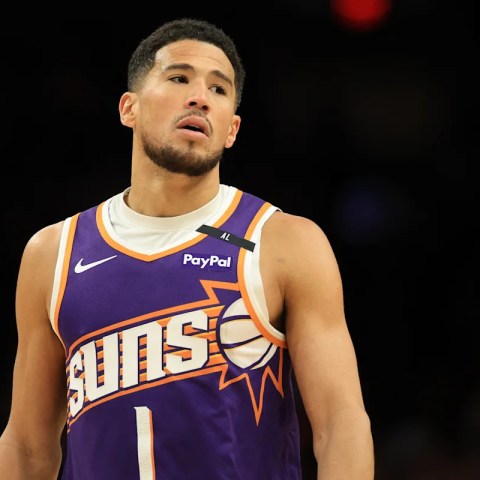New Treatment for Autism Sparks Debate
When the Trump administration announced it would use leucovorin, an older drug, for autism treatment, many experts were caught off guard. Dr. Richard Frye, the physician who suggested the idea, had been planning a detailed research study. “We were surprised they approved it without more studies,” he said. His focus is on helping children with autism through customized treatments.
Critics see this quick move as risky. Top autism organizations stated that the evidence for leucovorin is “very weak.” Dr. David Mandell from the University of Pennsylvania echoed this sentiment, saying, “We have no solid proof that leucovorin helps with autism symptoms.” Many researchers believe that genetics play a significant role in autism, though environmental factors, like paternal age, could also contribute.
Despite the lack of strong evidence, some doctors are prescribing this drug. Researchers recognize that leucovorin may benefit those with brain folate deficiencies related to autism, but they stress it should only be used in controlled studies.
The case for leucovorin is mixed. While it turns into folate—important for prenatal health—its role after birth remains uncertain. Research from more than 20 years ago suggested some individuals with autism had low brain folate levels. However, later studies showed that siblings of autistic individuals can also have low folate without symptoms.
Dr. Frye conducted a study in 2018 involving 48 children, whose language skills improved with leucovorin compared to a placebo. Still, the results of small international studies vary significantly, raising concerns about reliability.
Earlier this year, Frye and others formed the Autism Discovery Coalition to present their findings to health officials, hoping to develop a new version of leucovorin. Their plans may have hit a snag; instead of updating their formulation, the FDA announced they would label the existing drug for autism use, which could lead to wider prescriptions.
Experts like Dr. Lawrence Gray, who treats autistic patients, advocate for a cautious approach. He noted the perils of relying on small studies, which often yield optimistic results that don’t hold in larger trials. There’s debate regarding how many autism patients have the specific folate-blocking antibodies leucovorin aims to address. Currently, testing for these antibodies is complex, involving spinal taps—a barrier to comprehensive studies.
Social media is abuzz with interest in leucovorin. Many parents discuss it in online forums. Brian Noonan from Phoenix learned about the drug through ChatGPT while searching for autism treatments for his son. After starting his child on leucovorin, Noonan noted improvements in eye contact and speech within days.
In the evolving landscape of autism treatments, leucovorin’s fate remains uncertain. Research and patient experiences will continue to shape the conversation around this potential therapy.
For more on autism treatment studies, visit Autism Speaks.
Source link
Autism, Medication, Jay Bhattacharya, Richard Frye, General news, AP Top News, Arizona, AZ State Wire, Washington news, Robert F. Kennedy Jr., Brian Noonan, Health, David Mandell, District of Columbia, U.S. Food and Drug Administration, Associated Press, Business, Donald Trump





















